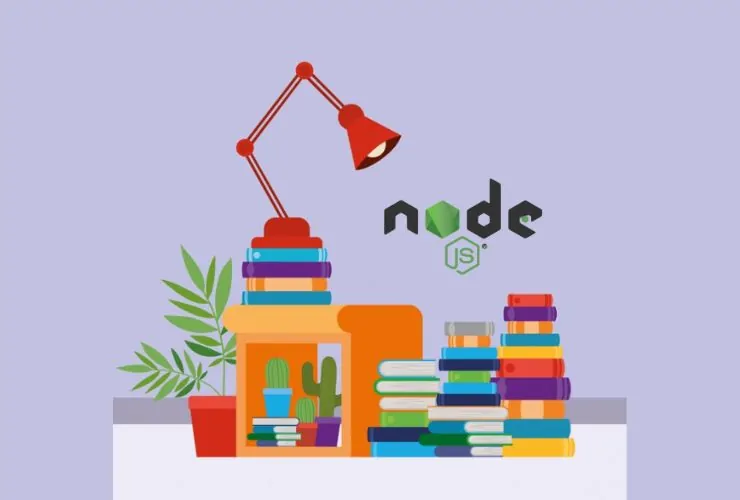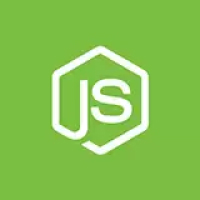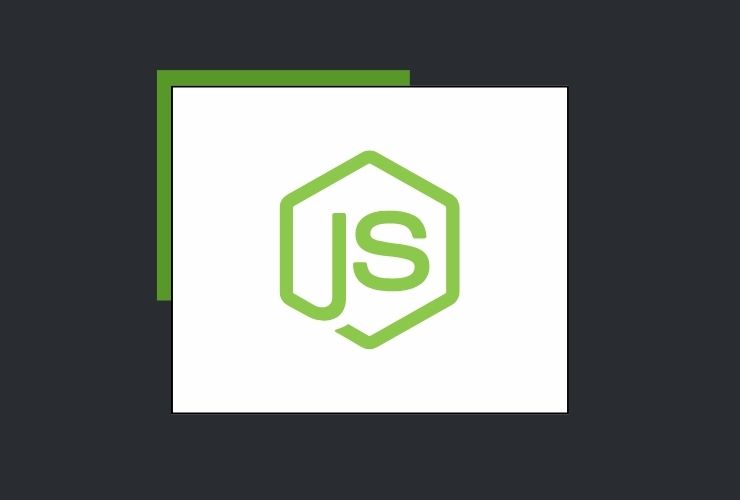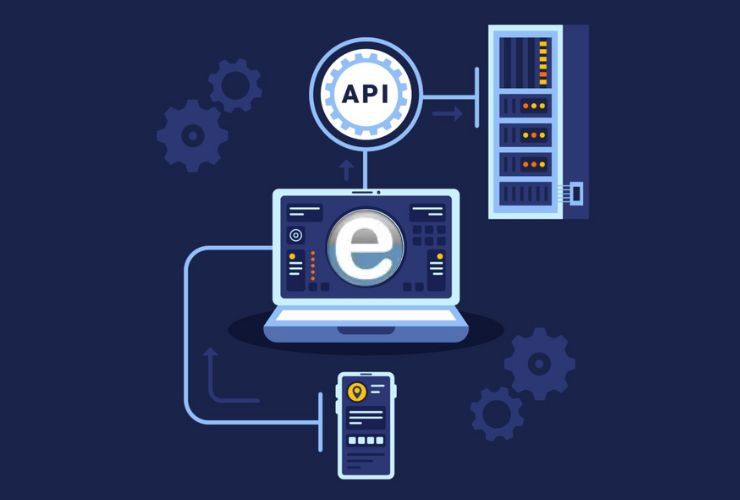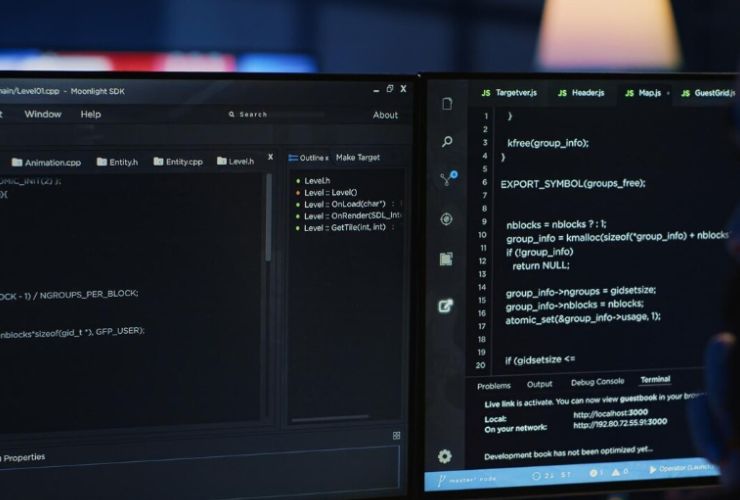Node.js is the darling of developers nowadays for scalable, efficient, and high-performance applications. It is because of the most important reason of having very powerful tools and libraries that make development much easier. If you are working on any kind of RESTful API, real-time chat application, or any type of microservices architecture, it will save you so much time and effort with these tools and libraries. Here is a list of some of the best Node.js tools and libraries every developer should know:
1. Express.js
Express is one of the leading Node.js frameworks. This library provides a minimalist, flexible approach towards building web applications and APIs. It has solid routing and middleware capabilities that help build lightweight and fast server-side applications.
2. Socket.IO
The Socket.IO library is the key to real-time communication. It allows developers to work with WebSocket-based communication and is best suited for use in chat applications, live notifications, and other collaborative tools.
3. PM2 (Process Manager 2)
PM2 is a process manager for Node.js applications. It manages, monitors, and deploys your apps in the easiest way possible. With PM2, your application runs without any interruption, and updating does not cause any downtime.
4. Mongoose
Mongoose is the most important library used to work with MongoDB databases in Node.js. It is one of the easiest ways to access MongoDB; it has all the features for schema validation, middleware, and query building.
5. Passport.js
If you need authentication for users, use Passport.js. It provides lots of built-in authentication strategies that include OAuth, OpenID, as well as social logins from Google, Facebook, etc.
6. Nodemon
Nodemon is a development tool that restarts the Node.js application whenever there are detected changes. It saves developers some time and prevents them from manually restarting the server themselves.
7. Axios
Not specifically a Node.js library, but probably the most widely-used HTTP request library, Axios is not too shabby either, with a small learning curve and support for promises. This makes it a great all-around solution for using it with RESTful APIs or external services.
8. Sequelize
Sequelize is an efficient ORM (Object-Relational Mapping) library for Node.js, making the interaction with SQL-based databases like MySQL, PostgreSQL, and SQLite a smooth sail. It follows clean syntax for database operations.
9. Jest
It is an exhaustive testing framework to test applications on Node.js. Jest is fast, stable, and offers some interesting features such as inbuilt test coverage reporting, mocking, etc.
10. Mocha
Mocha is another great testing library of Node.js. It gives a simple and flexible structure to write unit tests, which makes it a favorite among developers who prefer a minimalist testing set up.
11. Morgan
Morgan is a logging library that makes Node.js HTTP request logging straightforward. It tracks requests and responses in your app, which is indispensable for debugging and monitoring.
12. Lodash
Lodash is the utility library that provides very useful functions for working with arrays, objects, and strings. Common tasks become so much easier because of that. Your code will thus become cleaner and more efficient.
13. Bcrypt.js
Bcrypt.js is a fine, reliable library for the secure hashing of passwords. Being lightweight and easy to use, it would ensure that the authentication system in your application is safe yet efficient.
14. Async.js
Async.js is a utility module that makes it easier to work with asynchronous operations. It provides methods for managing parallel and sequential workflows, which can be tricky to handle in Node.js.
15. Cluster
Node.js’s Cluster module helps take advantage of multi-core systems by creating child processes. This improves the scalability and performance of your applications under heavy loads.
Conclusion : Node.js offers the richest set of tools and libraries
Node.js offers the richest set of tools and libraries, which can be leveraged based on a wide range of developmental needs. Developers can now avail of these resources to create highly robust, scalable, and feature-rich applications much more efficiently. Saying that bringing all these in a workflow would make a developer even better is quite a gross understatement since his productivity would increase manifolds.

